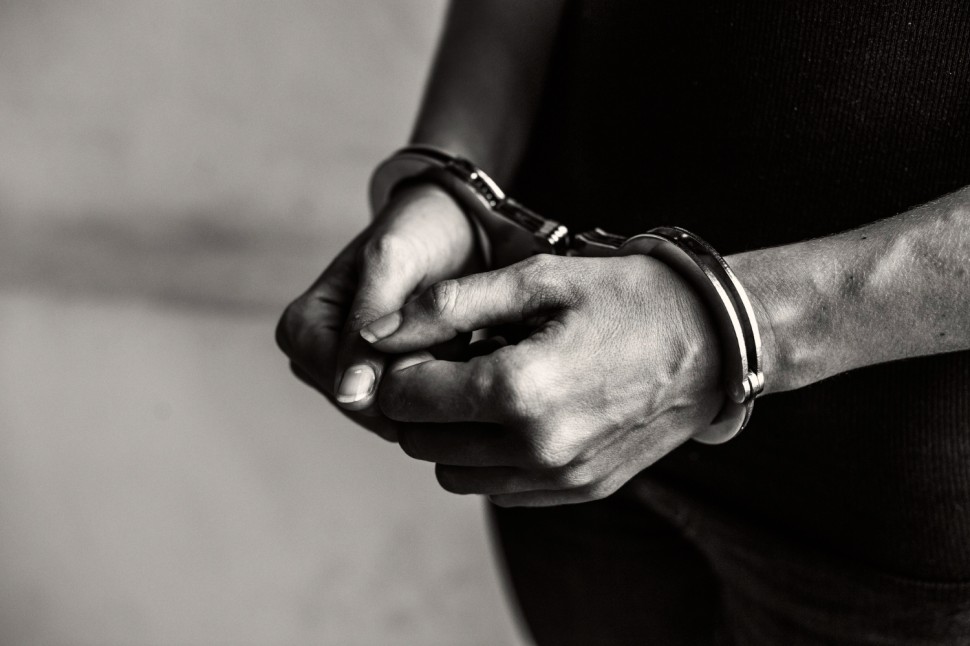Chicago Man Files Lawsuit After Wrongful Conviction
Justice has become a long-sought dream for Darien Harris. A Chicago man was wrongfully jailed for 12 years. His conviction hinged on the testimony of a key witness. The twist? The witness was legally blind. Harris, 31, was released in December. Now, he's turning the tables. He's suing police authority and the city for his wrongful conviction.
Back in 2011, a fatal shooting at a South Side gas station led to Harris' arrest. He was just 18, a senior in high school with his whole life ahead of him. The following year, in 2012, the court handed down a staggering sentence of 76 years. It was a devastating blow for Harris.

Doubt Cast on Witness Testimony
Key to Harris' prosecution was the identification by an eyewitness. The man claimed he saw Harris at the scene of the crime wielding a gun. However, there was a critical issue with this testimony. The testimony crumbled when the Exoneration Project uncovered a shocking fact. Despite clear-sighted claims, the eyewitness had been legally blind for nine years before the trial.
The Wrongfully Convicted Man's Struggle
Imagine losing over a decade behind bars for a crime you did not commit. For Harris, his release has been bittersweet. The outside world has changed. He has to find his place in it again, with few resources at his disposal. "I don't have any financial assistance. I'm still treated as a felon, so I can't get a decent job. It's tough for me to get into school," Harris expressed. His experience highlights the enduring stigma and challenges faced by exonerates.
In the lawsuit, Harris is not just silent about his grievances. He brings serious accusations to light. He alleges that the police fabricated evidence and forced witnesses to make false statements against him.
ALSO READ: Man Arrested on Federal Charges for Using Deceased Individual's Identity at Local Fire Department
The Exoneration Project's Role
The Exoneration Project is not a newcomer to these battles. The organization has been at the forefront of fighting wrongful convictions. Based in Chicago, it has played a crucial role since 2009. To its credit, it has aided over 200 people in cases similar to that of Harris.
Searching for Hope Amidst the Struggle
The narrative of Darien Harris is gripping. It's a testament to the flaws in the legal system and the human cost of wrongful convictions. A misleading witness derailed a young man's future. And it continued uncorrected for over a decade.
Society often overlooks these injustices, underestimating their prevalence and impact. Yet, they resonate deeply with us. They implore us to look closer and question, to seek a balance of justice that guards against such grievous errors. For those wrongfully convicted, it is a search for retribution. And for the community, it reminds them of the work still needed. Harris's story is not about a conclusion. It is about the ongoing journey toward justice and the quest for a life once promised but cruelly interrupted.




